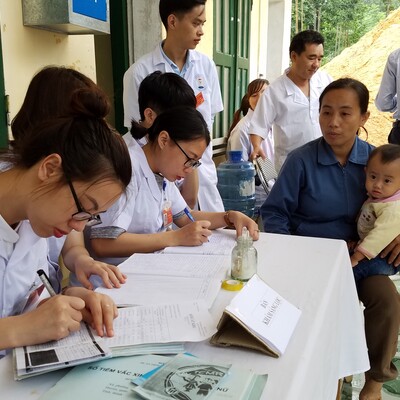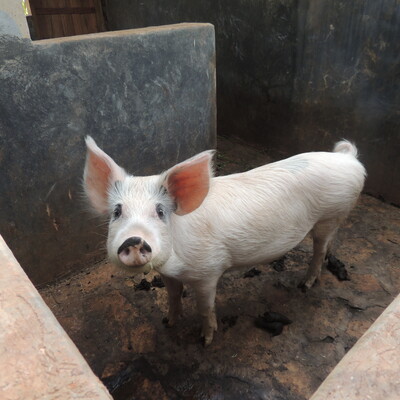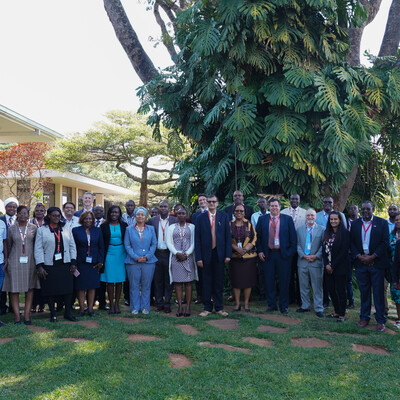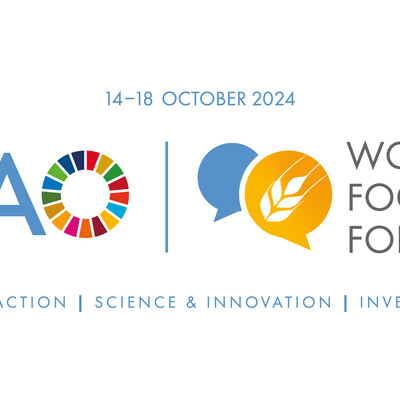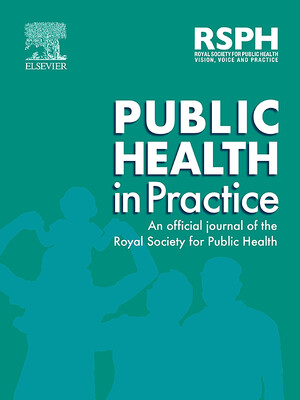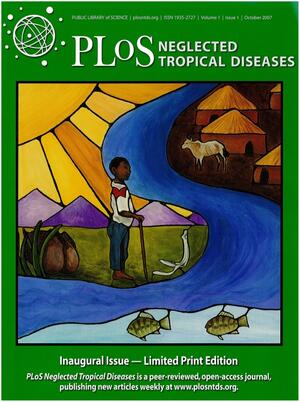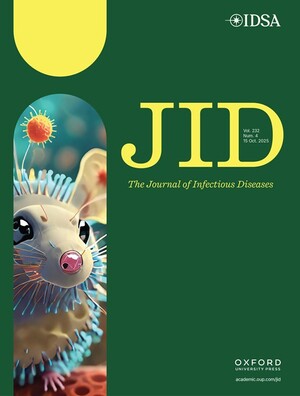
Identifying priority animal and zoonotic diseases in northwest Vietnam for future action
Vietnam, with its close human-wildlife animal interaction, faces a significant threat from zoonotic diseases—illnesses that can jump between animals and humans. These diseases include both established and emerging threats which can have devastating consequences for public health and the economy.
To combat this challenge, the National Institute of Veterinary Research (NIVR) and the International Livestock Research Institute (ILRI) recently co-organized two workshops addressing transboundary animal diseases and zoonotic diseases in the provinces of Hoa Binh (12 April 2024) and Lao Cai (16-17 April 2024) under the Korean-funded ICT4Health project. These workshops brought together 52 participants from various sectors to build a consensus on the most pressing animal diseases affecting the region and to inform future interventions and resource allocation.
At the two workshops, Le Tan Phong, deputy director of the Department of Agriculture and Rural Development of Lao Cai Province and Hoang Van Son, deputy director of the Animal Husbandry Sub-Department of Hoa Binh Province emphasized the importance of multisectoral collaboration for disease control, particularly between health and veterinary sectors. Their opening speeches highlighted the necessity of a One Health approach to address these challenges effectively.
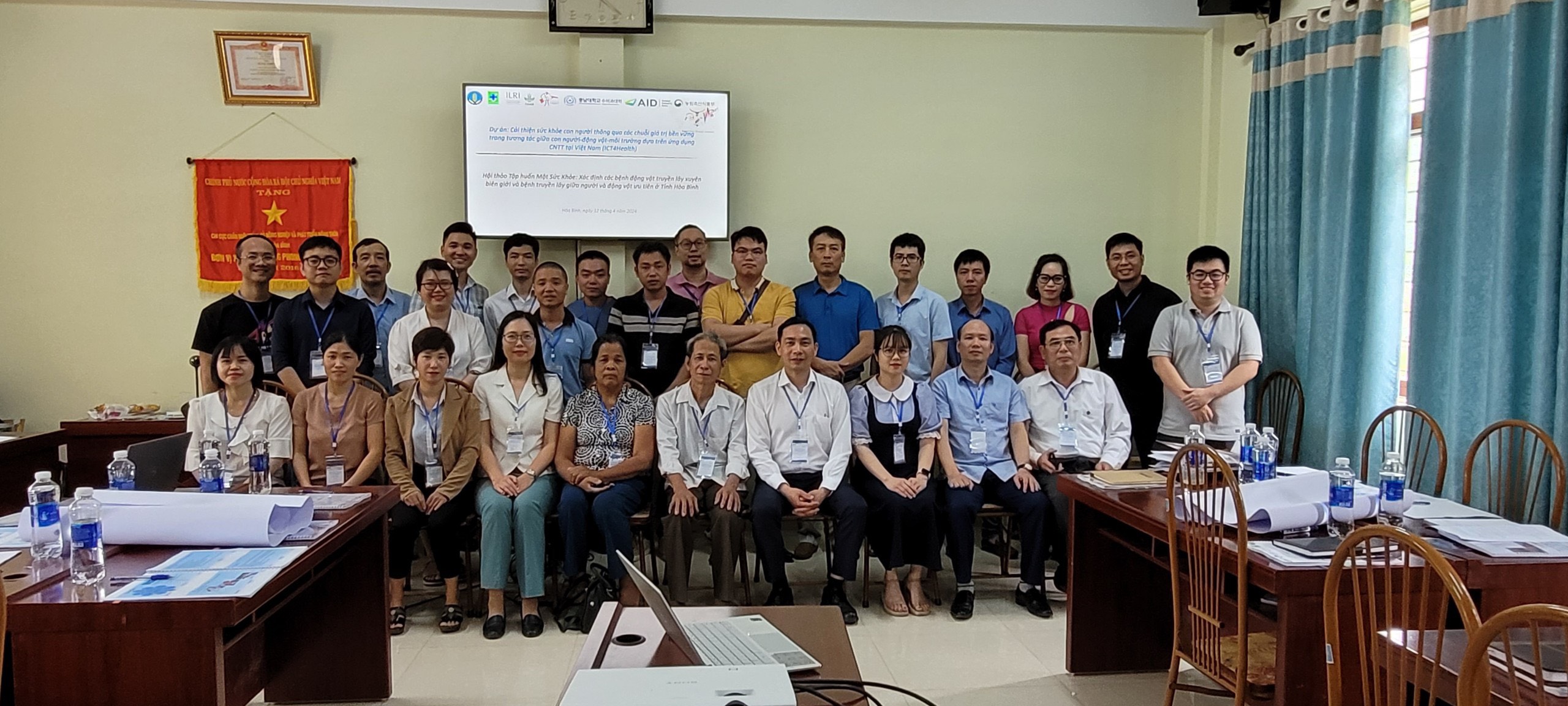
Understanding One Health and disease dynamics
The workshop featured several key presentations. Pham Duc Phuc, director of the Vietnam One Health University Network (VOHUN) delivered a presentation on the One Health approach and multisectoral collaboration. He highlighted global and national issues projected through 2050, including population dynamics, rapid urbanization, economic growth, globalization, climate change, deforestation, wildlife trade, emerging pathogens, and antimicrobial resistance.
‘Effective multisectoral coordination requires experts to have competencies in One Health, such as planning, management, leadership, collaboration, communication, cultural understanding, and ethical values,’ he commented.
Vu Thi Thu Tra, lecturer at the vet faculty of Vietnam National University of Agriculture (VNUA), provided an overview of zoonotic diseases, explaining their classifications and the factors contributing to their emergence. She identified several key zoonotic diseases in Vietnam including anthrax, tuberculosis, leptospirosis, rabies, highly pathogenic avian influenza, severe acute respiratory syndrome and others. She stressed the importance of breaking the transmission cycle of pathogens through personal hygiene, animal isolation, vaccination, intermediate host control and environmental protection.
Tools and methods for disease identification
The workshops introduced the OH-SMART™ tool and the process for prioritizing diseases. The OH-SMART™ tool assists in mapping systems and analyzing One Health resources, facilitating proactive planning, retrospective analysis and immediate crisis response. The prioritization process involves stakeholders from health, veterinary, environmental and other sectors to identify priority diseases in specific areas.
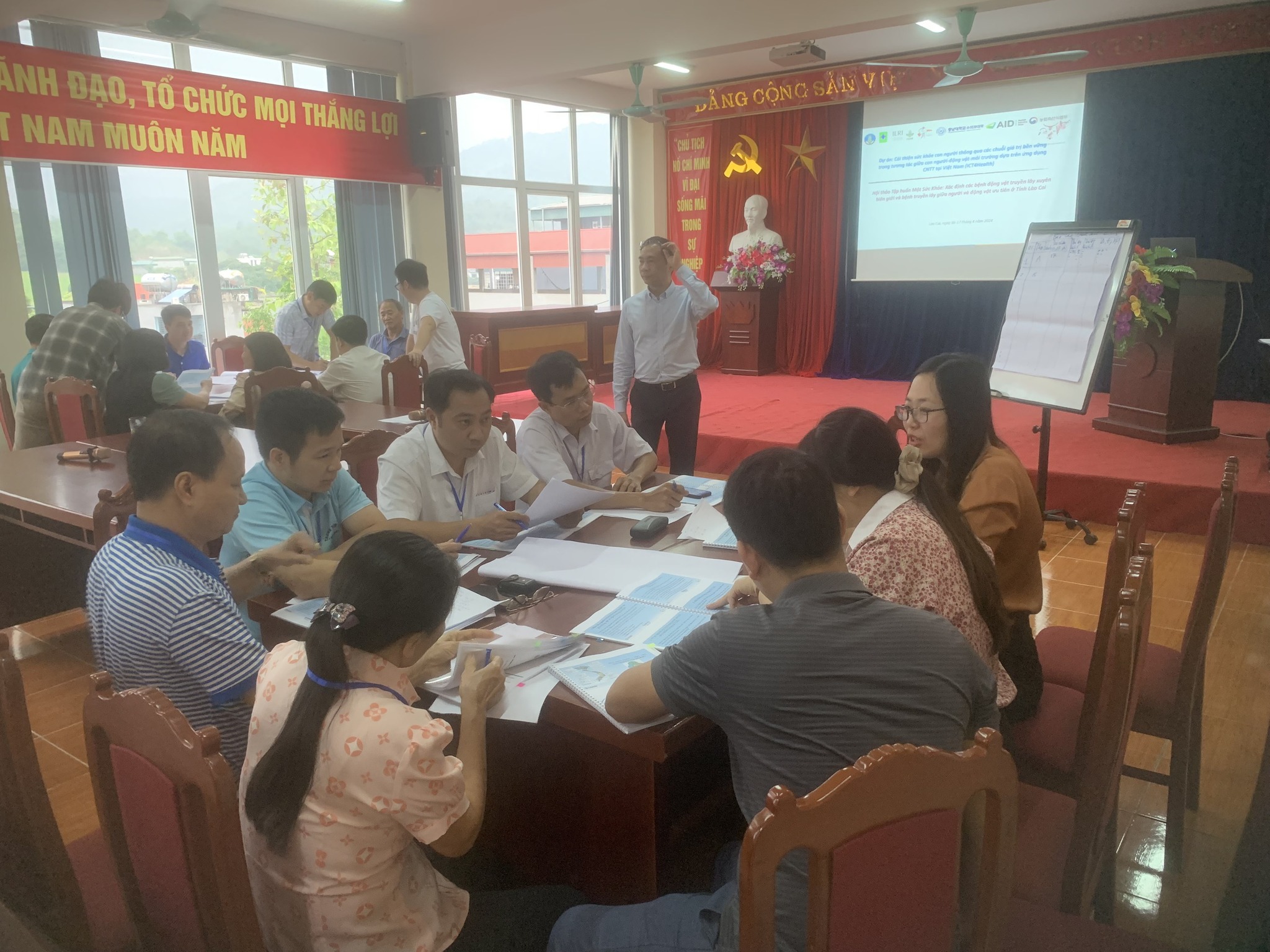
In both workshops, participants were divided into three groups to discuss and identify priority diseases. Each group included representatives from health, veterinary and farming sectors. The groups identified rabies, African swine fever (ASF), Streptococcus suis infection and lumpy skin disease (LSD) as the most critical diseases in both provinces. Additional diseases identified in Lao Cai included avian influenza and foot-and-mouth disease.
The groups also discussed capacity to manage these diseases, with a focus on developing action plans. Practical steps included improving vaccination programs, enhancing biosecurity measures, and increasing public awareness and education on disease prevention.
Key takeaways and actions
The workshop concluded with a summary of the discussions and a consensus on the priority diseases. The identified diseases were rabies, ASF, S. suis infection, and LSD, with a focus on improving diagnostic capabilities, surveillance and response strategies. The event successfully highlighted the effectiveness of multisectoral collaboration and the importance of information exchange between health and veterinary sectors.
The ICT4Health project (2022-2025) is implemented in Hoa Binh and Lao Cai provinces in Vietnam. Its five components are: (i) conducting a gap analysis of the current registration of transboundary animal and emerging zoonotic diseases( TAEZDs) (ii) establishing TAEZDs surveillance One Health working groups (iii) conducting a pilot study for a surveillance and monitoring system using ICT responding to TAEZDs, (iv) deploying tools and methods to improve the surveillance of TAEZDs along the livestock value chain, and (v) developing strategies to improve agricultural extension services and share equal benefits and rights for women through gender-focused interventions.






